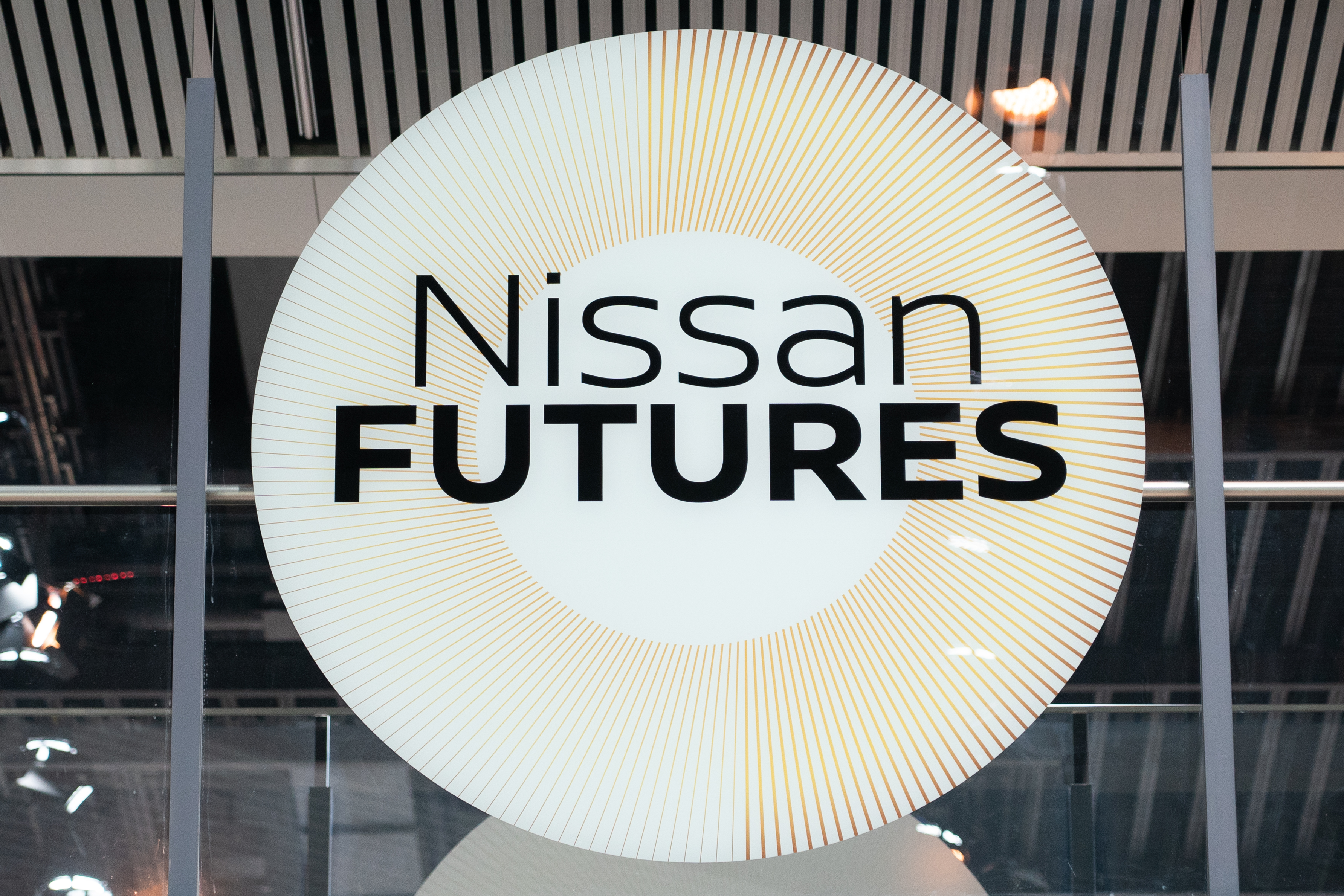On November 29, 2021, Nissan Motor Company announced its “Nissan Ambition 2030” plan, which aims to invest 2 trillion yen (approximately 110 billion yuan) in the next five years to accelerate its electrification plan.
The core of “Nissan Ambition 2030” is electrification, and the plan is to invest 2 trillion yen (approximately 112.8 billion yuan) in the next five years and recruit more than 3,000 research and development talents worldwide.
Nissan plans to launch 23 electric models by 2030, including 15 pure electric models, and the proportion of electrified models for Nissan and Infiniti brands will exceed 50%.
In the next five years, Nissan will launch 20 pure electric models and models equipped with Nissan’s e-POWER technology.
According to the plan, by 2026, Nissan hopes to increase the sales proportion of electrified models in core markets:
- China: electrified model sales account for over 40% of total vehicle sales;
- Europe: electrified model sales account for over 75% of total vehicle sales;
- Japan: electrified model sales account for over 55% of total vehicle sales;
- United States: pure electric model sales account for 40% of total vehicle sales by 2030.
Nissan aims to increase battery capacity, production capacity, and reduce costs by stepping up battery research and development, introducing cobalt-free technology, and reducing battery costs by 65% by 2028. Nissan plans to launch electric models with all-solid-state batteries (ASSB) by 2028, and to build a pilot factory in Yokohama, Japan by 2024.
ASSB can reduce charging time to one-third of the original time. Nissan plans to reduce the cost of battery packs to $75 per kilowatt-hour by 2028, and hopes to further reduce the cost to $65 per kilowatt-hour in the future.
According to the plan, Nissan aims to increase its global battery capacity to 52 gigawatt hours (GWh) by 2026 and to 130 GWh by 2030.
Nissan is also committed to building charging infrastructure and promoting sustainable battery development.Nissan hopes to achieve the reuse of vehicle batteries through its joint venture 4R Energy with Sumitomo Group, in order to achieve the sustainable development of batteries.
Nissan plans to expand its battery regeneration factories to areas outside Japan, establishing a new factory in Europe in 2022 and in the United States in 2025.
Meanwhile, Nissan will invest 20 billion yen (approximately RMB 1.1284 billion) in charging infrastructure construction before 2026.
Advanced Driving — Expand ProPILOT Equipped Models, Develop the Next Generation LiDAR
Nissan plans to expand ProPILOT advanced driving technology to more than 2.5 million Nissan and Infiniti models by 2026. By 2030, Nissan plans to install next-generation LiDAR systems on all new vehicle models.

This article is a translation by ChatGPT of a Chinese report from 42HOW. If you have any questions about it, please email bd@42how.com.
